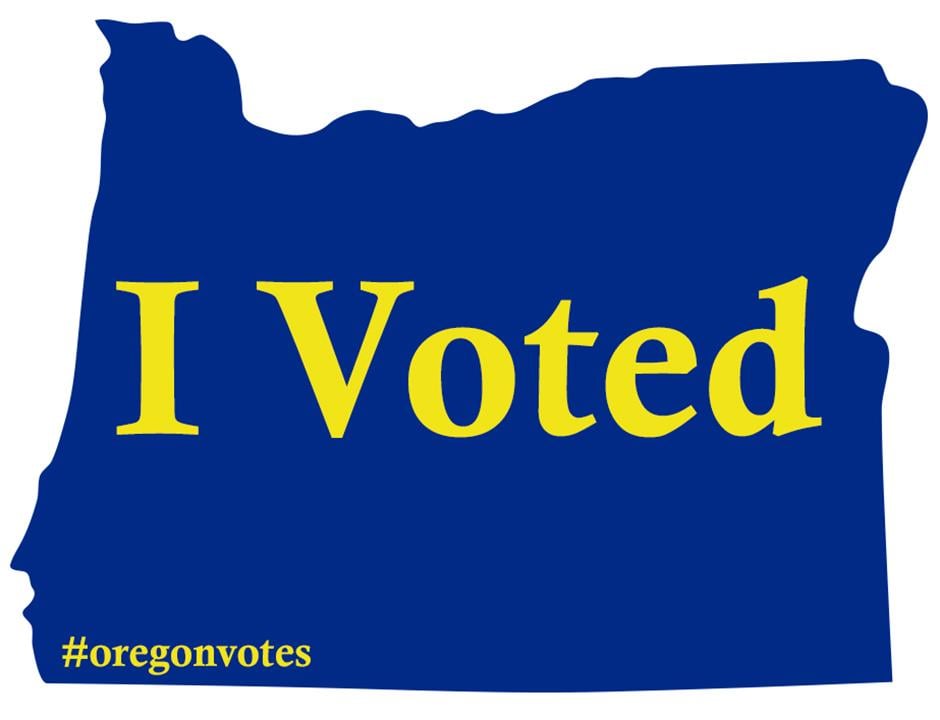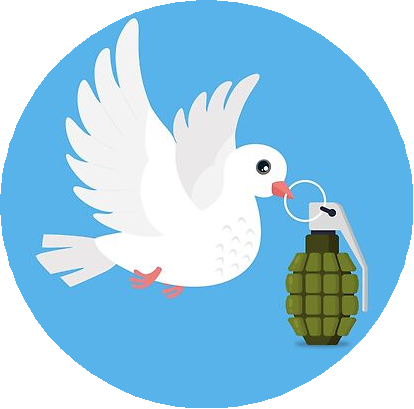Death is inevitable but we still seem flummoxed by it happening. We have all kinds of End of Life policies and procedures which do everything possible to make life difficult for those left behind.
Our language is around loss and unexpected, and grief and being bereft.
Why do we make Death so hard to process in our community and what can we do to normalise it across society?
That it’s something that happens to all of us does not make it any easier to process. You still lose someone you love, sometimes very abruptly and while they could’ve easily lived years longer without an issue. You will never be able to speak to them, to see them in front of you, to hear their thoughts, to make new memories Witt them. Sometimes it also makes you lose a support network, a pivotal person that made your life better.
It may be normal, but he mental impact will in many cases be huge.
As a rule, we don’t handle the unexpected well. When my grandfather died from lung cancer, it was a long, protracted ordeal involving hospice care. Everyone was prepared, nobody was surprised.
When my dad died from a massive heart attack in the middle of nowhere in Nevada, a month after retiring, it was a shock, nobody saw it coming. He didn’t make it long enough for the life flight helicopter to get there. Reportedly his last words were “Oh no.”
It’s one thing to plan for a death, it’s another to be slapped in the head with one.
I guess it is an exception.
Lots of days I do living. Only one I die.
I’ve never died, I posit that I am the very first immortal human, there is no evidence to the contrary.
it’s never happened to me my whole life
Because we’re delusional.
I actually saw a post to our town’s community page last night that the big local funeral home holds a once a month meeting in different topics to help people discuss these matters.
The coming event is a tour of the crematory where you can see the equipment, what can be done with the cremains, and a Q and A to determine if that is something you’d want for yourself.
A previous one was green burials, which I’m really bummed that I missed!
One person commented it was morbid, but the two from the funeral home said the last crematory tour had around 100 show up.
If you search “death conversations” or “death cafe” near you, you may be able to find something similar.
The funeral home that handled my relative’s death runs regular grief counseling sessions. They mailed me reminders about them near holidays. I didn’t go, but I appreciate the service.
Rather myopic to assume that everyone has the same experience. I’m about to go to a family member’s service, literally today, and that is not the case at all.
an exception to what?
I write software for a living, an exception in software means something unexpected, out of the ordinary, it’s treated as a “special case”.
In a lifetime, death is not unexpected, it’s expected, even guaranteed. The only variable is time, but that’s true for many aspects of life.
Take for instance moving house, it’s got a high likelihood of happening during a lifetime, multiple times. There’s processes to update your address, tell your bank, the utility company, insurance, etc. There’s address change services, some even run by government that all but automate this.
Why is it that such a thing doesn’t exist for death?
The absurd amount of effort that family members after a death need to get through to deal with things like this is insane.
Death is not unexpected on whether it will happen, but when. Everyone dies, but you might be going to work one day and you die because of a moron burning a red light, or you might ne the healthiest person and get an incurable cancer, or people die from random hearth attack.
Religious societies treat sex as taboo.
Secular societies treat death as taboo.
To be fair, most Western religious traditions also treat death as taboo — they just aren’t as explicit about it as they are with sex.
It’s easy to talk about the end of life for other things. It’s harder to discuss the fact that we will end eventually.
There’s also laziness. Until recently I didn’t care about a will because I didn’t have dependents or assets.
My older relatives have taken the appropriate steps: created wills, had discussions with their families about what is to be done after their deaths, paid for funerals, and arranged interment.








